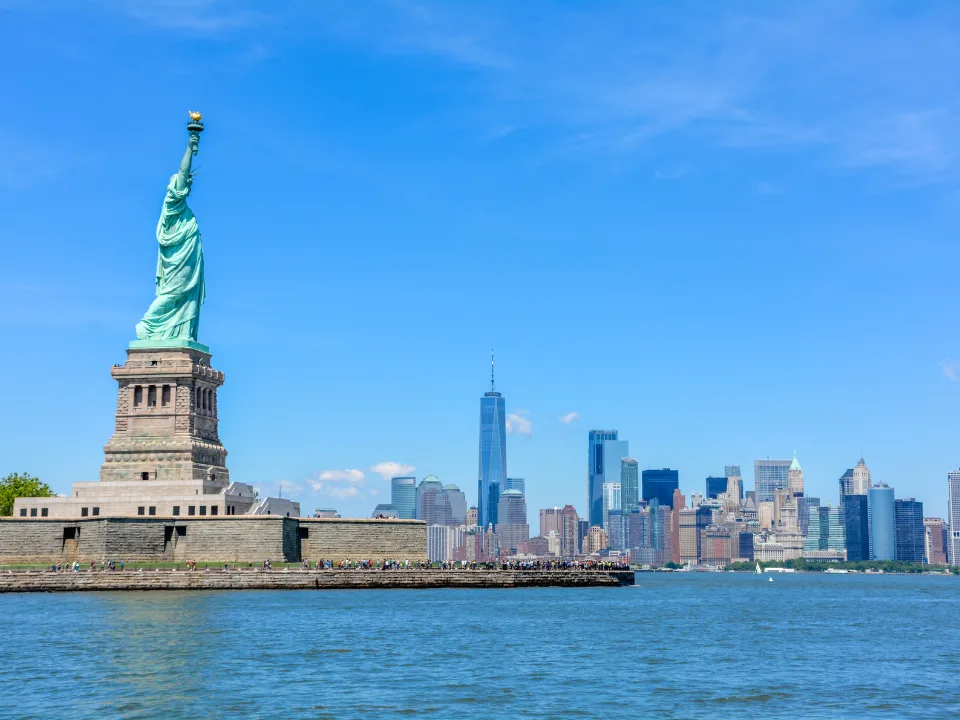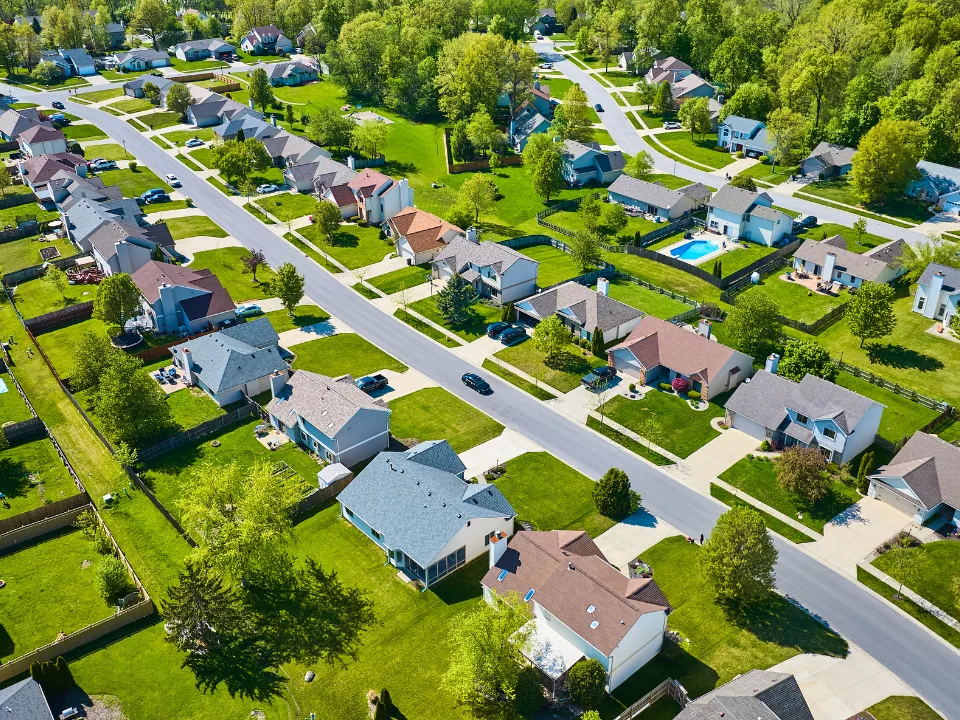- Rising costs in major cities are driving Americans to smaller, more affordable metro areas.
- A Clever Real Estate report identified the top emerging markets based on housing prices, education levels, unemployment, and age demographics.
- The list excludes the 50 largest US cities, focusing instead on under-the-radar options.
As reported in GlobeSt, Americans are trading big-city living for quieter, more affordable destinations with job growth, cultural amenities, and outdoor recreation.
The Top 10 US Cities
Madison, Wisconsin: A Hub of Education and Culture
Madison, Wisconsin, stands out as a vibrant mix of education, culture, and livability. Home to the University of Wisconsin, a top-20 research institution, the city boasts one of the most highly educated populations in the country.
Its arts and food scene continues to expand, with an impressive array of outdoor activities rounding out its appeal. Though housing costs are slightly above the national average, property values have risen by 5.5% over the last year, indicating growing interest from buyers.
Fargo, North Dakota: Affordable and Young
Known for its cold winters, Fargo offers a warm welcome to young professionals seeking affordability and opportunity.
The city’s low home-price-to-income ratio makes it particularly attractive, especially to its average resident, who is just 33 years old. With a stable housing market and low unemployment, Fargo is proving to be an enticing alternative to larger, costlier cities.
Lincoln, Nebraska: A Growing Tech and Education Powerhouse
Lincoln combines the economic stability of the University of Nebraska with a burgeoning tech sector that has attracted significant investment.
The city enjoys a low unemployment rate of just 2.6% and housing costs that are 21% below the national average, making it a haven for families and young professionals. Its mix of job opportunities and affordable living has solidified its place on the list of rising markets.
Provo, Utah: Nature Meets Prosperity
Nestled in a stunning natural setting, Provo has become one of the nation’s fastest-growing cities. The area is a haven for outdoor enthusiasts, offering a range of activities throughout the year.
Brigham Young University plays a significant role in shaping the city’s demographics, drawing a highly educated population. With a median household income exceeding $100K, Provo offers both financial and lifestyle appeal.
New Haven, Connecticut: A Walkable, Cultural Gem
Home to Yale University, New Haven combines a rich cultural history with modern conveniences. Its walkable, bikeable streets add to its charm, while a vibrant arts scene draws residents and visitors alike.
Housing prices remain reasonable despite an 8% rise in home values over the past year. With home costs just 3% above the national average, New Haven is attracting those seeking affordability without sacrificing amenities.
Omaha, Nebraska: Affordable Living with Big Opportunities
Omaha is one of the most affordable cities on this list, with home prices 20% below the national average and a home-price-to-income ratio 24% lower than typical markets.
It’s also home to several Fortune 500 companies that provide stable, well-paying jobs, keeping the unemployment rate below 3%.
These factors make Omaha a compelling choice for young families and professionals looking to stretch their budgets.
Ann Arbor, Michigan: A Tech and Education Leader
Ann Arbor blends academic prestige with a growing tech and business community. The University of Michigan serves as a major draw, not just for students but also for innovative companies looking to tap into its talent pool.
The city’s walkability and outdoor activities enhance its livability, while a burgeoning culinary scene adds excitement for residents.
Fayetteville, Arkansas: A Hidden Gem for Professionals
Fayetteville is gaining recognition for its low cost of living and exceptional quality of life. The city’s proximity to major employers like Walmart (WMT) and its strong school systems make it an attractive destination for young families.
Over the past five years, property values have increased by an impressive 67%, reflecting growing interest from buyers across the country.
Portland, Maine: Coastal Charm and Steady Growth
Portland’s scenic beauty and vibrant community make it one of the most desirable small cities in the U.S. Home values have surged 66% in the past five years, with further growth expected in 2025.
Residents benefit from easy access to beaches, mountains, and forests, along with a low unemployment rate of 2.2%. For those seeking a balance of nature and culture, Portland delivers.
Hartford, Connecticut: History with a Modern Twist
Hartford is reinventing itself by blending historical charm with contemporary amenities. New entertainment venues, galleries, and convention centers are helping the city attract a younger, more dynamic population.
Though home prices are slightly above the national average, Hartford’s salaries are also higher, making it a financially appealing option for professionals.
Why These Markets Matter
These emerging cities offer a compelling mix of affordability, opportunity, and lifestyle perks that are increasingly hard to find in major metros.
As Americans continue to seek alternatives to crowded, high-cost urban centers, these markets are poised to capture a growing share of new residents and businesses in the years ahead.
Get Smarter about what matters in CRE
Stay ahead of trends in commercial real estate with CRE Daily – the free newsletter delivering everything you need to start your day in just 5-minutes
















